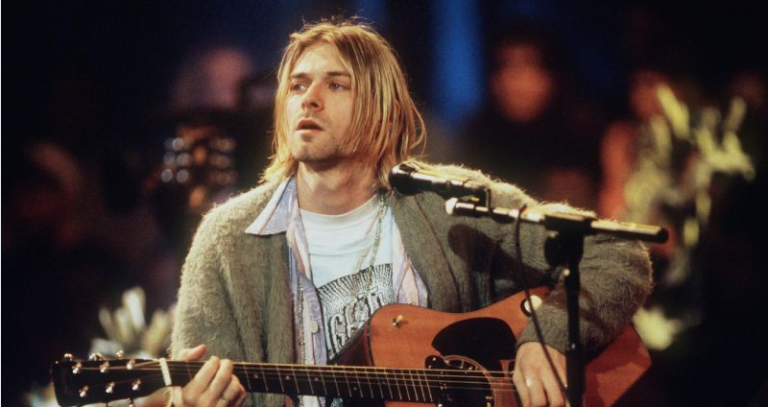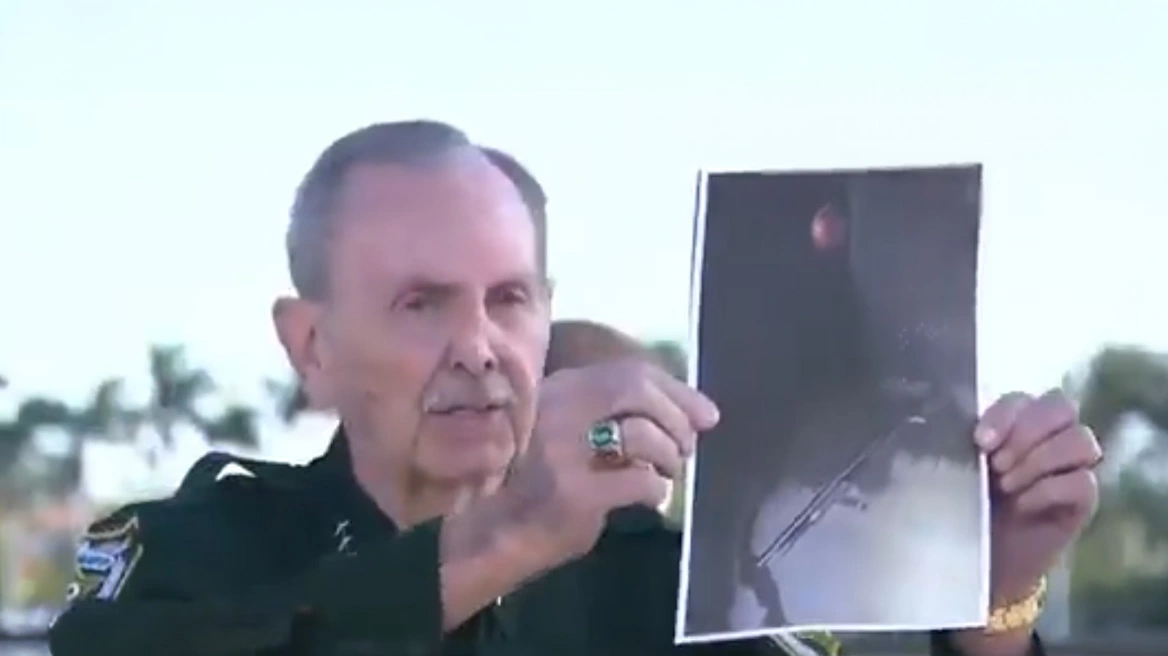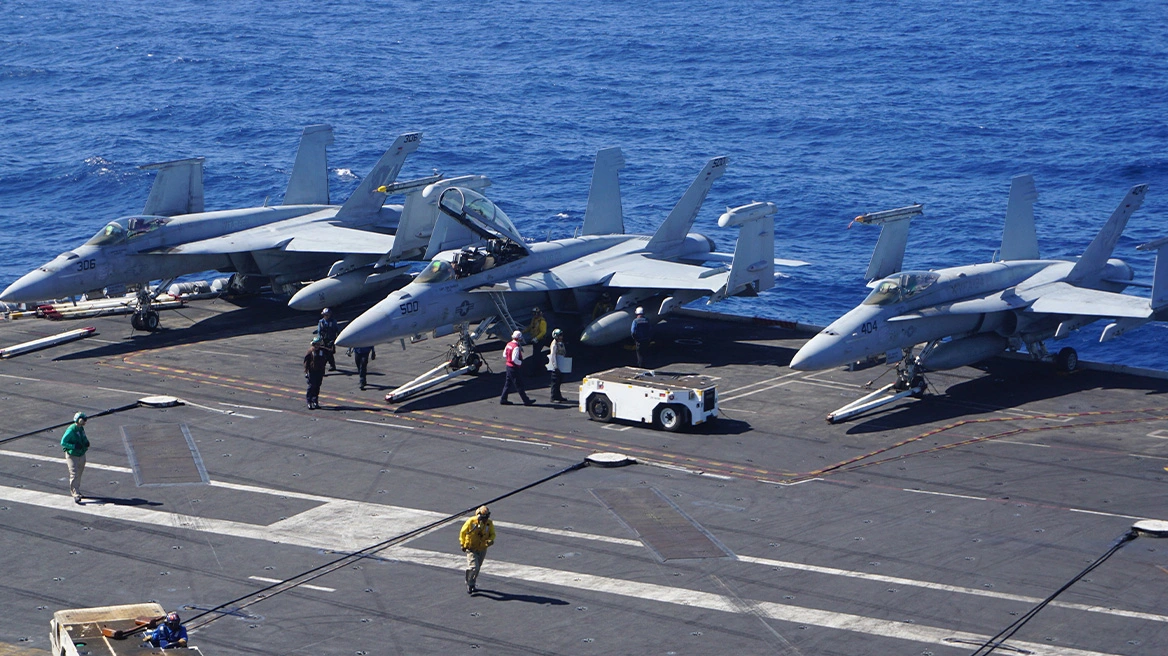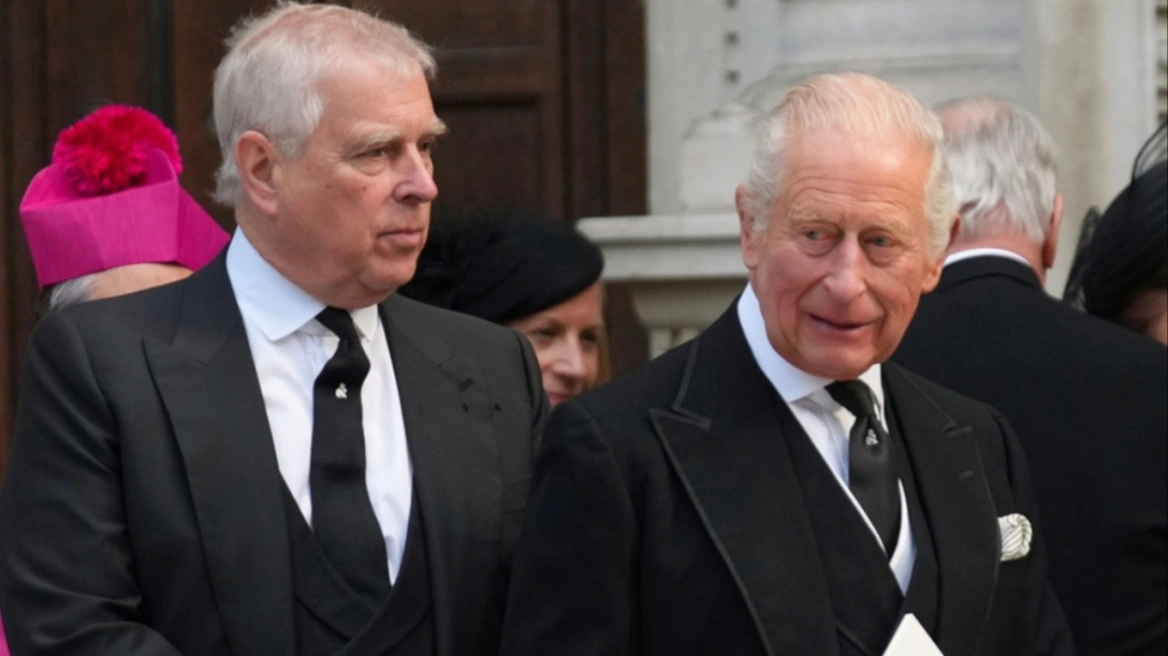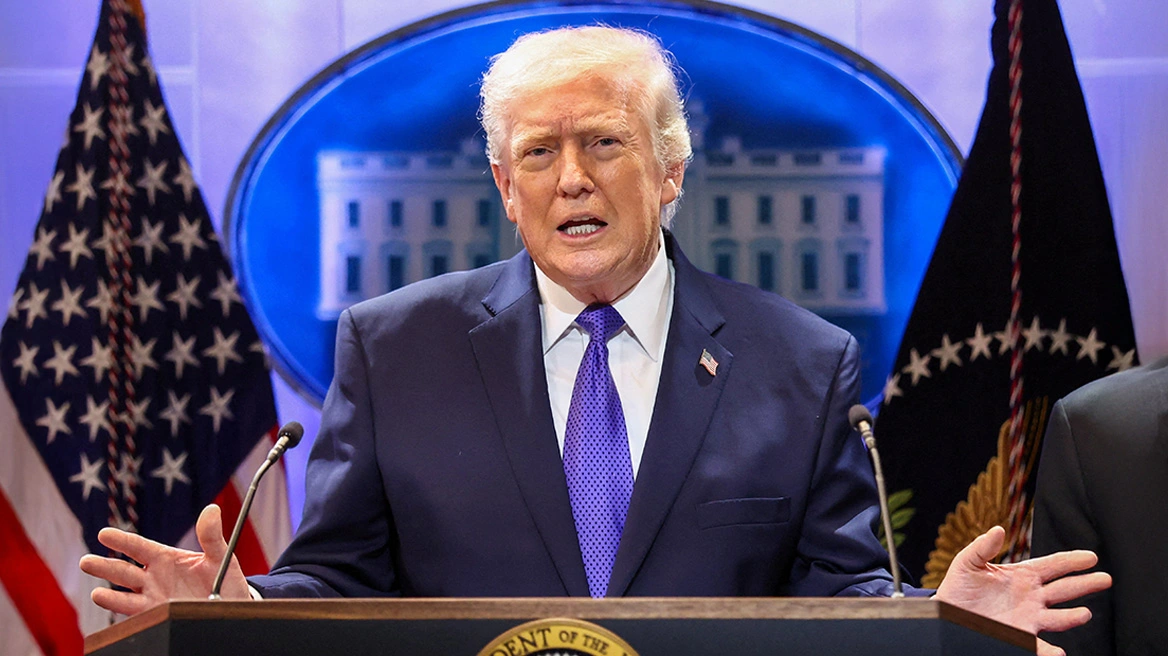Nirvana taped their appearance on MTV Unplugged 25 years ago this week, resulting in the most memorable episode of that venerable franchise, as well as what’s generally regarded as one of rock’s best live albums ever. After Kurt Cobain died five months later, this unusually quiet turn for the band became even more beloved, as a sort of prophetic self-eulogy the mercurial rocker left his fans.
The band’s appearance at Sony Studios in New York on Nov. 18, 1993 went down so smoothly that few could have guessed just how closely the show flirted with disaster, or what kind of turmoil had gone on between the scenes beforehand — between Cobain and MTV, Cobain and his bandmates, and Cobain and his own misery-wracked body. That they got through the show at all, let alone pulled off something that would turn into a 5 million-selling album, fell into the category of miracle.
Relations between Cobain and drummer Dave Grohl (later to be a star frontman in his own right, with the Foo Fighters) were not necessarily at their peak, for starters.
“I had this small cocktail drum set and these really light sticks,” Grohl recalled to the A.V. Club in 2006. “In rehearsal, we would do a song, and Kurt would turn to me and say, ‘Hey, do you think you could play it a little bit lighter?’ ‘Oh yeah, I’ll try.’ So we’d do another take, and he’d turn around and go, ‘Could you bring it down just a little bit more?’ And we’d do another take, and he’d say, ‘You know what, just still, could you bring it down?’ And I was like, ‘Should I even f***ing be here?’”
The brass at MTV, meanwhile, freaked out when they learned Nirvana had no plans to include “Smells Like Teen Spirit” (although that shouldn’t have been a surprise, since the group hadn’t performed their signature hit on stage for nearly two years at that point). In its place, nearly half the setlist was made up of obscure cover songs.
“We got a setlist out of the band, and other than ‘Come As You Are,’ there are no real Nirvana hits,” producer Alex Coletti remembered in a 1999 TV special about the taping. “I wish Kurt or someone in the band or management clued us into ‘We put thought into this, this works this way, trust us.’ Instead it was just [defiantly] ‘This is what we’re doing.’…Not being familiar with some of the covers, some of the people here became very tense about ‘We’ve got to get them to do more hits.’”
Coletti elaborated on the network’s distress in a 1995 Guitar World article. “I said to MTV, They’re going to bring some guests on.’ And at first everybody’s eyes lit up, like, ‘Who’s it gonna be?’ They wanted to hear the ‘right names’ — Eddie Vedder or Tori Amos…But when I said ‘the Meat Puppets,’ it was kind of like, ‘Oh, great. They’re not doing any hits, and they’re inviting guests who don’t have any hits to come play. Perfect.’”
It got worse. The day before the taping, Cobain informed MTV he was pulling the plug on the taping altogether. “He did it just to get us worked up. He enjoyed that power,” MTV’s Amy Finnerty said in Charles R. Cross’s Cobain biography, Heavier Than Heaven.
Cobain quickly reneged on his no-show threats. But the next day, when the band did a dress rehearsal a few hours before the real taping, it went so disastrously that MTV execs might’ve been wondering if he should have pulled the plug.
“We played the songs through a few times,” said the Meat Puppets’ Curt Kirkwood, who joined Nirvana on stage for three Meat Puppets cover songs, “but never a rehearsal set. There was never any concerted practice.” It showed. In the ominous dress rehearsal, they were never able to get through “Pennyroyal Tea” or their version of David Bowie’s “The Man Who Sold the World” without a major flub aborting the tune.
Read more HERE
Ask me anything
Explore related questions
